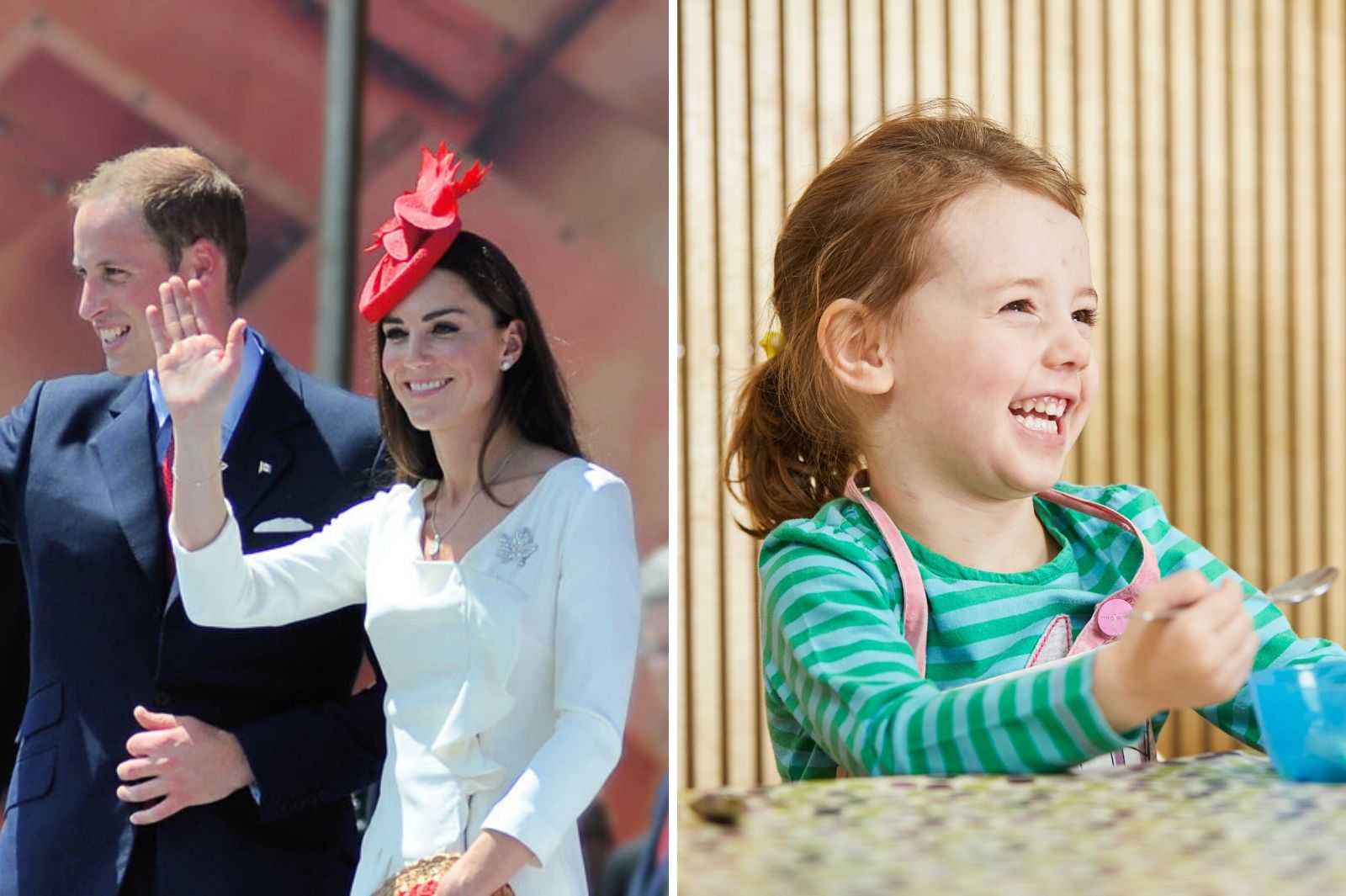
Yesterday (22 January 2020) the Duchess of Cambridge backed a new survey called ‘5 Big Questions’, which is looking at public perceptions of early years education – which covers the first few years of children and young people’s lives – in the UK.
Tanya Richardson, Senior Lecturer in Early Years at the University of Northampton, gives her opinion on the survey and its implications.
The ‘Kate effect’ is a term that fashion commentators have applied to the ‘boost’ designers and fashion houses can receive when the Duchess of Cambridge – formerly known as Catherine Middleton – wears one of their creations.
Given her public expression of interest in early years issues, having her high media profile focus attention on this crucial phase of a child’s life is to be welcomed.
The survey brings academics, practitioners and charities together to ask the public what they know and think about such questions as what aspect of child development they think are important for a happy adult life and how much the mental health of parents and carers impacts on young children.
While I welcome the questions being asked and the genuine sentiment of effecting change behind this project, early years researchers will know this is not treading entirely new ground, but adds prominence and national focus to work that has either been done or is currently being conducted.
For instance, we know that the first 1001 days of a child’s life – from conception to the age of two – are the most influential on later outcomes. We know that what a child is exposed to, both in the womb and in the earliest phase of their life, impacts on all areas of their development, which in turn impacts on their mental health in adulthood, job prospects, educational achievement.
The list goes on, but always contains the same message – our early years are, very probably, the most important of any human’s life.
Yet as a nation, we struggle to raise the profile of the early years profession and in many cases those working within this crucial field are seen as – and this is meant with no offence – babysitters and paid a minimum wage.
But early years professionals – and make no mistake, they are professionals, often trained to a high level to understand how young children develop and learn and how they can be encouraged to develop further – need to be recognised for the wonderful skills and knowledge that they use on a daily basis to enhance the lives of young children and their families. And it is what we teach students on our degree programme.
We need to push further and it is a shame that the parameters of the survey don’t broaden things out, for instance considering support for strengthening families that reflects a truly holistic early childhood. We need to not just ask more questions, but provide bigger and deeper answers.
However, the fact that the Duchess of Cambridge is driving a national conversation is a fantastic step forward because it is time for early years to receive the recognition it deserves. We’ll be listening with much interest.
Answer the 5 Big Questions online.